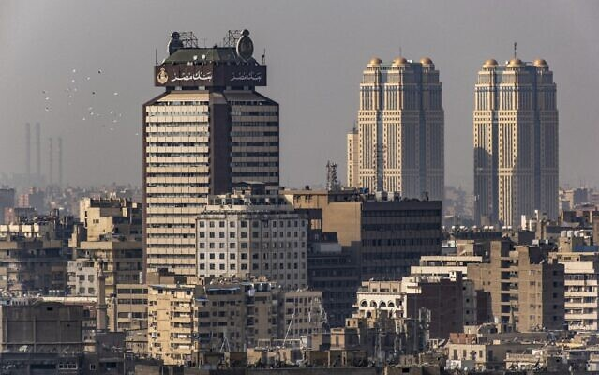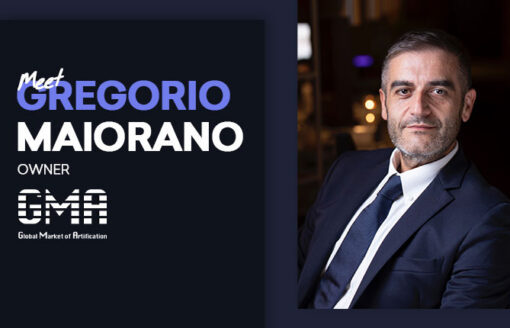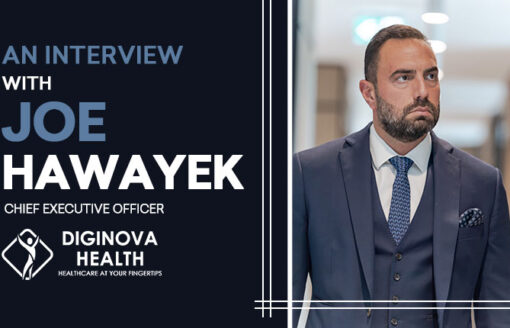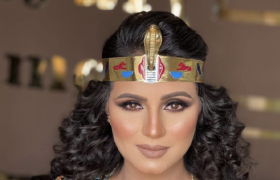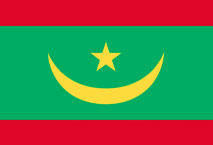Kuwait, Qatar, Saudi Arabia and also the United Arab Emirates are diving in to buy shares in national firms, while also demanding economic reform and greater openness
Egypt, sapped completely dry of bucks regardless of a $3 billion International Monetary Fund bailout loan, is seeking to boost its coffers by offering state possessions to well-off Gulf countries.
Specialists state the deals could be a win-win for all sides, however unlike old Gulf largesse of genuine help, the brand-new deals will certainly call for reforms.
Cairo wishes the money injection will certainly plug what the IMF cautions is “a financing gap of about $17 billion over the next four years.”
For Kuwait, Qatar, Saudi Arabia and the United Arab Emirates, anxious to expand their oil and also gas-based economic situations, it gives a quick path to get properties, land as well as risks in state ventures in the North African nation.
” The financial investments by Gulf specifies right into Egypt in 2015 aided to minimize some of the instant funding concerns that Egypt ran into, before safeguarding further funds from the IMF,” claimed James Swanston, an emerging markets economic expert at Resources Economics in London. “At the same time, it has actually enabled the Gulf states to remain to have a ball of impact in the area.”
For Gulf countries, a high devaluation of Egypt’s money and also rewards used by President Abdel Fattah al-Sissi make it an attractive investment.
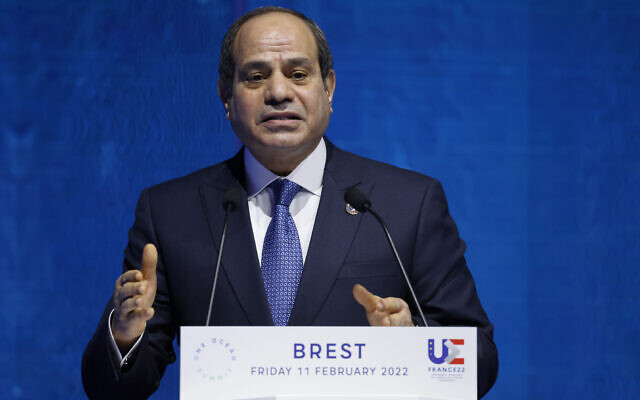
Yet Sissi’s Gulf allies– on whose assistance he depended after deposing Islamist president Mohamed Morsi in 2013– are done writing blank checks, and also currently demand economic reform and greater openness.
In under a year, the Egyptian pound has actually shed fifty percent of its worth, pushing yearly inflation in the import-dependent nation to 26.5% in January. Of the $34.2 billion in Cairo’s foreign reserves — a 20% decrease from February 2022— some $28 billion are deposits from affluent Gulf allies.
The nation’s foreign debt has more than tripled in a years to $155 billion.
” A country like Egypt needs a trillion-dollar spending plan annually. Do we have that money? No. Do we have half of it? No. Do we have a quarter of it? No,” Sissi stated at the Globe Federal Government Top in Dubai today, noting the importance of “assistance from close friends, the UAE, Saudi Arabia and Kuwait.”
However the days of unconditional aid are over, Saudi Money Priest Mohammed al-Jaadan has actually cautioned.
” We made use of to offer straight gives and also down payments without strings connected, and we are transforming that,” Jaadan said at Davos in January, discussing the kingdom will be demanding “to see reforms.”

As part of the IMF finance arrangement, Cairo pledged to privatize essential state properties, with a view to enhance the economic sector’s share of the economic climate from 30% to 65% by 2025. Gulf countries swooped in.
In 2022, 66 mergers and purchases were finished in Egypt, more than double the purchases in 2021, Egyptian business information magazine Venture computed in December.
With risks in 40 bargains, Emirati and also Saudi business had the mass of transactions.
Abu Dhabi’s sovereign riches fund ADQ, as well as Saudi Arabia’s Public Investment Fund “spent some $3.1 bn to get significant minority stakes” in several of the “strongest firms,” Enterprise wrote in December.
They snapped up crucial shares of Egypt’s 2 largest fertilizer manufacturers– 41.5% of Abu Qir Fertilizers Firm, and 45% of MOPCO.
ADQ is additionally the largest exclusive investor in Egypt’s Commercial International Financial institution (CIB), purchasing a 17.5% stake for $911.5 million.
The Saudi fund now possesses 25% of state-founded digital payments company eFinance, as well as is working out the acquisition of United Financial institution of Egypt.
To encourage more deals, Cairo is slashing its infamous bureaucracy, with Head of state Mostafa Madbouli previously this month revealing stake sales in 32 public business.
Yet the huge asset portfolio of Egypt’s widely effective armed force– which has played a crucial but secretive duty in the economic situation for decades– stays mainly off the table for offers, the Carnegie Middle East Facility’s Yezid Sayigh said.
Military-owned firms are “so economically opaque they can not be offered,” Sayigh stated.
Only two of the 32 up for sale are military firms. One of them is the army’s Wataniya Oil, which Abu Dhabi National Oil Company (ADNOC) had in 2021 thought about acquiring.
Sayigh stated that bargain stumbled “apparently because the inner economic administration of the armed forces company would certainly scare off any kind of major financier from risking his capital.”
Last Updated: 15 February 2023

